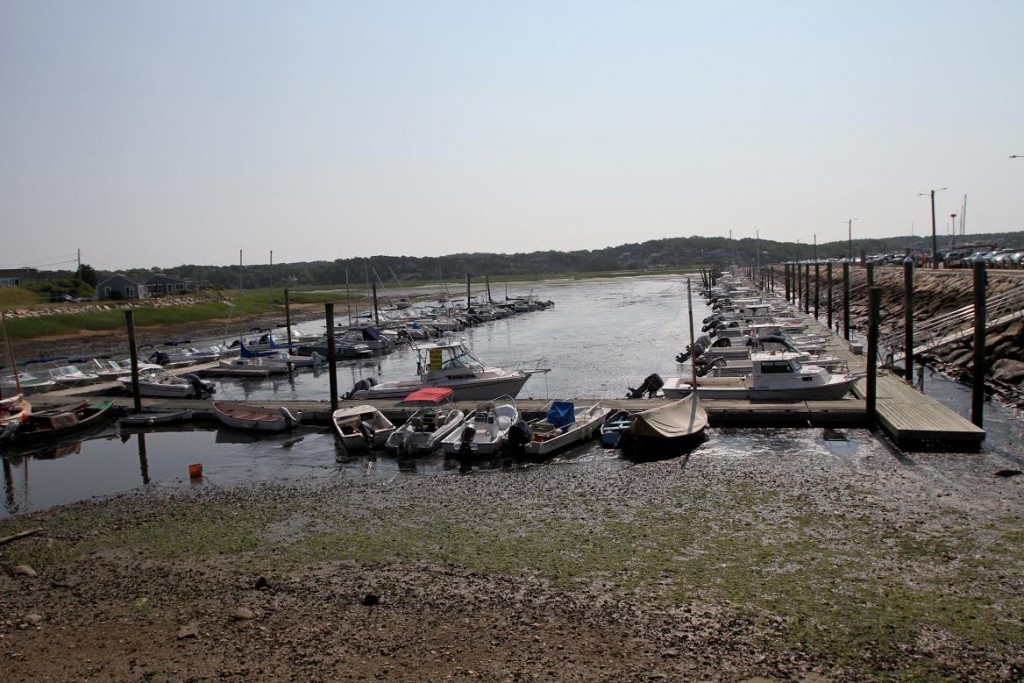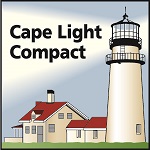
Photo courtesy: Wellfleet SPAT
A lack of dredging has made Wellfleet Harbor nearly inaccessible at low tide
WELLFLEET – The state has closed all shellfish beds in Wellfleet Harbor following an outbreak of suspected norovirus believed to be linked to shellfish from that area.
It comes just two days before the Wellfleet OysterFest, which attracts tens-of-thousands of people to the Outer Cape.
An official from the festival said the event will go on planned, but without any raw shellfish.
The Massachusetts Department of Public Health issued the ban Thursday afternoon after receiving reports of approximately 75 suspect cases of norovirus over the past two days.
A statement from the DPH said they were all primarily associated with eating raw shellfish at weddings and restaurants in the Outer Cape area.
All shellfish harvesters in the area and Town of Wellfleet officials have been notified about the closure.
All affected shellfish that was harvested on or after September 26 has been recalled and ordered not to be used.
The impacted areas include Wellfleet Harbor, Wellfleet Inner Harbor, the Herring River and Loagy Bay.
An employee at the Wellfleet Harbormaster’s Office said the signs indicating the closure went up Thursday.
With the exception of the raw shellfish, all other OysterFest activities will still take place Saturday and Sunday, including a fine arts and crafts show, film screenings, educational programs, walking tours and road race.
Only cooked food will be served.
According to the DPH advisory, noroviruses are easily spread through food, person-to-person contact, or through contact with contaminated surfaces such as countertops or door knobs.
The viruses can cause vomiting, diarrhea and abdominal cramps. Other symptom may include headache, fever, chills and muscle aches.
For most people noroviruses cause a very unpleasant but brief illness that usually lasts 1 to 2 days.
The elderly, very young and people with weakened immune systems are at higher risk of more serious illness from noroviruses. The greatest danger is from dehydration.
By Matt Pitta, CapeCod.com News Director
Advice for the Public From the Massachusetts Department of Public Health:
- Do not eat any shellfish from the affected areas if harvested or purchased on or after September 26, 2016. This includes oysters, hard-shell clams (“quahogs”), soft-shell clams (“steamers”), mussels and razor clams.
- If you are unsure where shellfish was harvested, contact the retailer or restaurant where the product was purchased.
- If you are experiencing symptoms of norovirus, or are caring for someone who is, practice good hand washing with warm, soapy water to prevent further spread of the illness.
- After episodes of vomiting or diarrhea, clean contaminated surfaces immediately with a bleach-based household cleaner and wash hands thoroughly afterwards. The virus is present in large numbers in both stool and vomitus.
- Contact your healthcare provider if you have more severe illness or if you think you may be dehydrated.
- Download this factsheet on noroviruses for more tips on how to prevent norovirus infection.
For more information on noroviruses, residents can contact the DPH Division of Epidemiology at (617) 983-6800. For more information on the DMF shellfish harvesting closure notice, call (508) 990-2860.
























